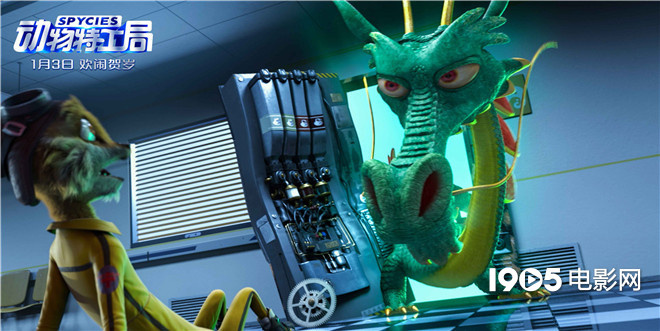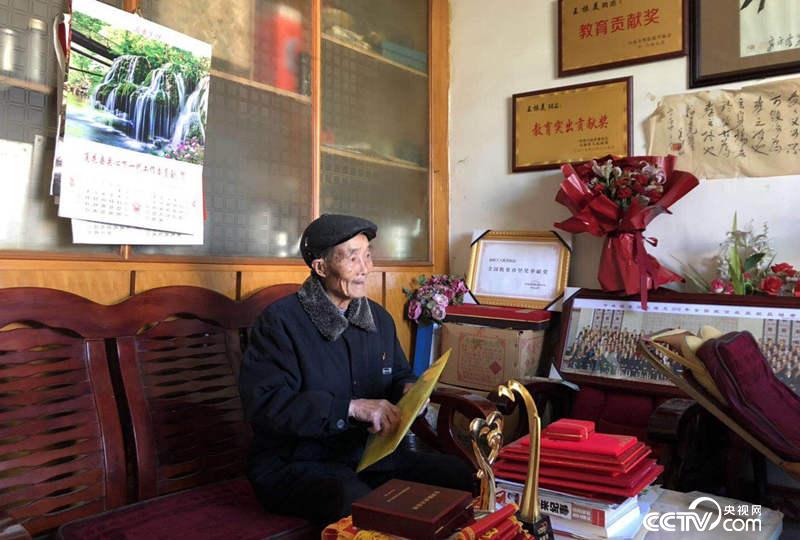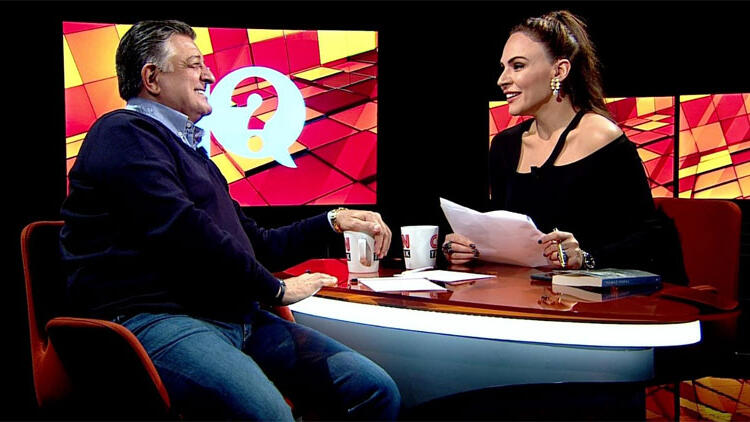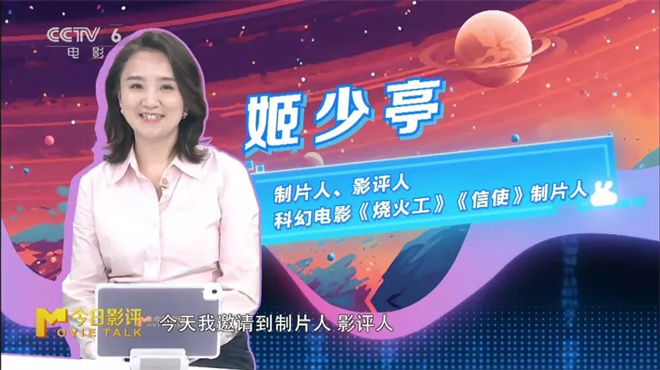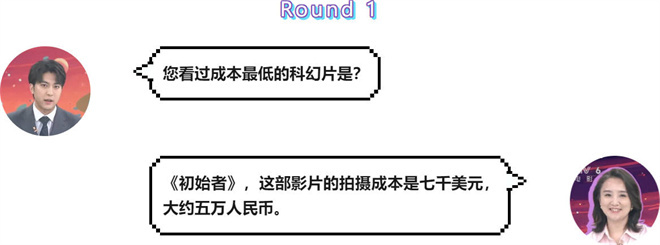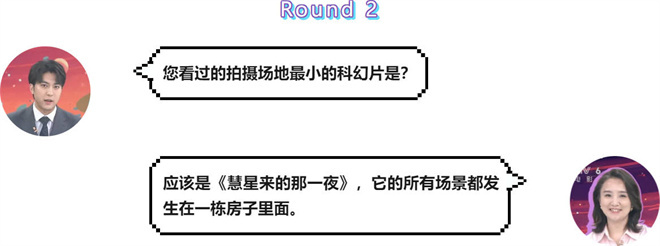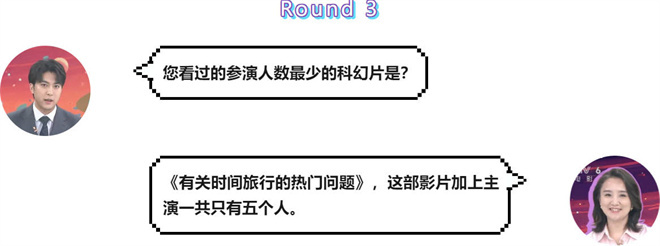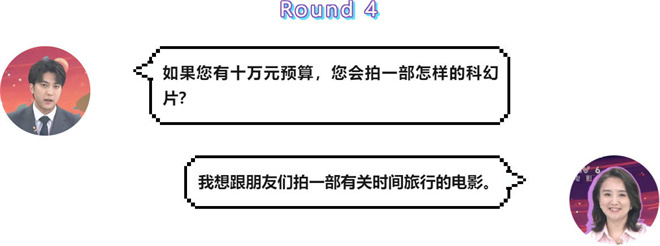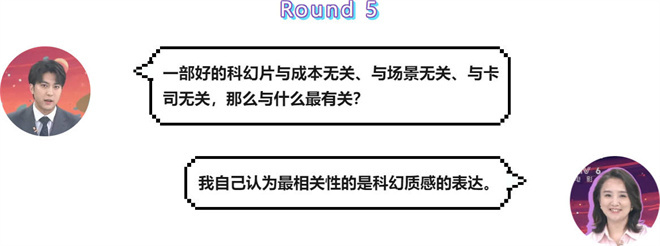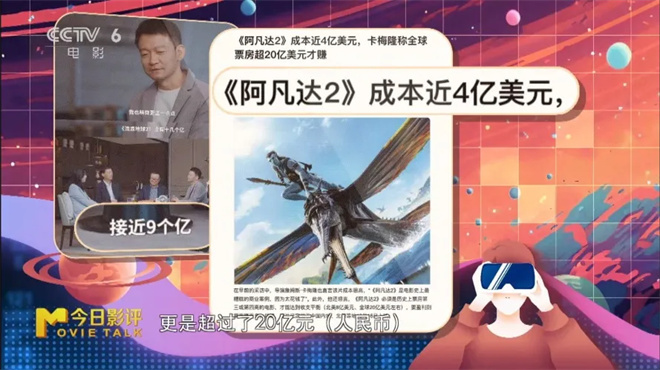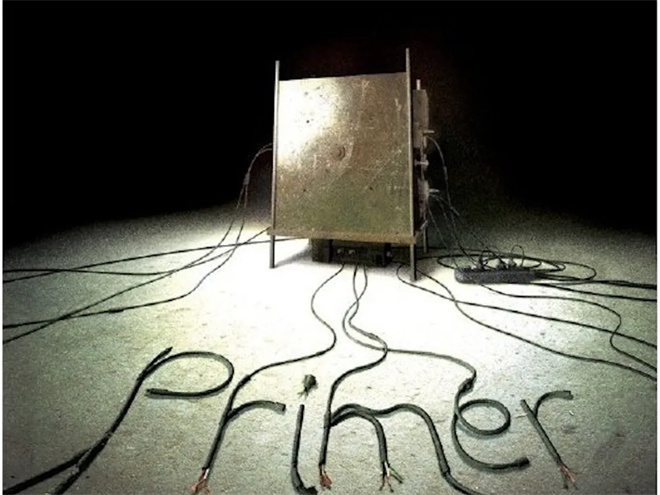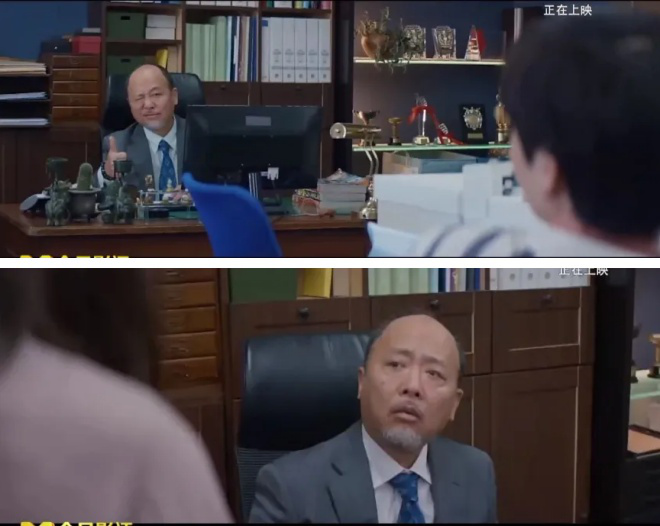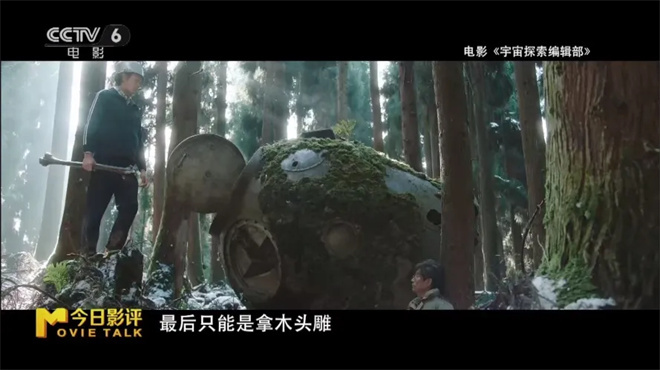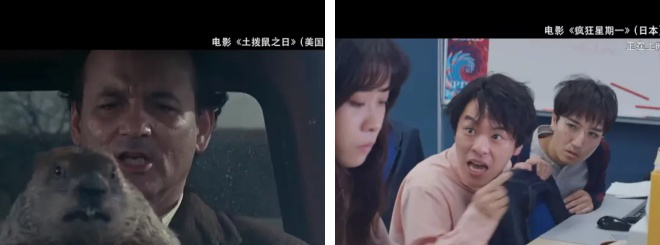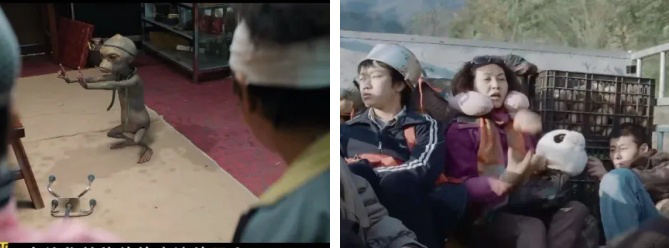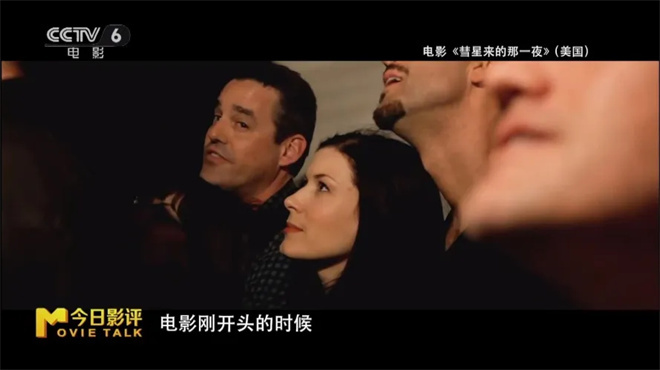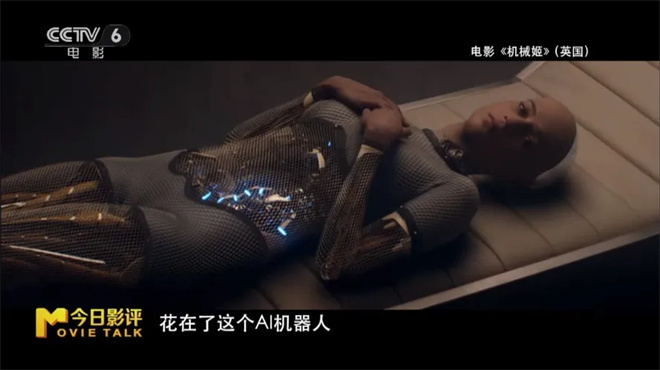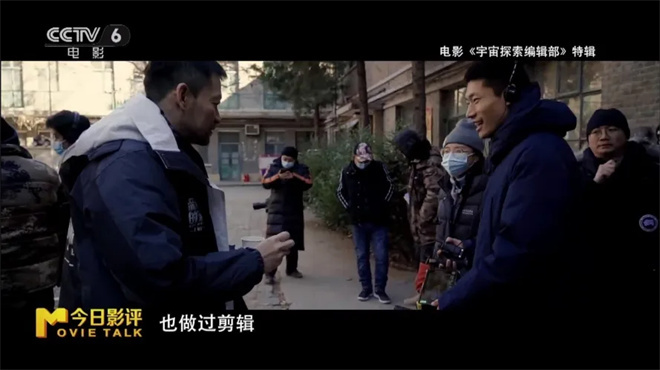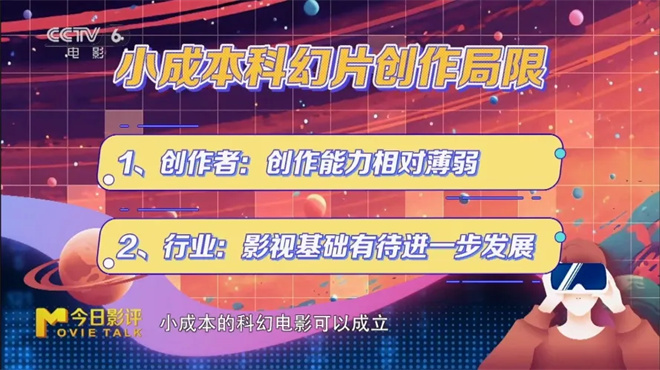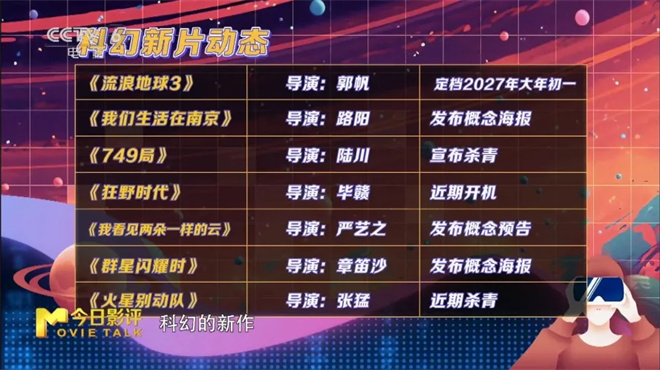If you do business in partnership with friends, how can you ensure that the financial revenue and expenditure are open, transparent and well documented? There is a good way: everyone keeps an account book, and every income and expenditure are recorded in each account book simultaneously. In this way, even if an account book is damaged or lost, the account data is still accurate and intact.
In the digital age, these "books" that record a lot of information are blocks, which are connected by networks to form a blockchain. Today, blockchain has become an important information infrastructure in the fields of global data trading, financial settlement, international trade, government and people’s livelihood. The blockchain is supported by an extremely complex open source underlying platform, involving key core technologies such as source code and chips. In the past, these technologies all belonged to "others".
When will Chinese have its own core and chain? In 2019, Dong Jin, an information technology expert, resigned as an executive in the Multinational Enterprise Research Institute, and founded the Beijing Microchip Blockchain and Edge Computing Research Institute, leading the team to accelerate the attack. With the support of Beijing Municipal Science and Technology Commission, Haidian District Government and other departments, Microchip Research Institute has won its first battle: the low-power microchip developed by the research institute was put to great use in the fight against epidemic last year; In January this year, 27 companies, including Beijing Microchip Blockchain and Edge Computing Research Institute, State Grid Corporation of China, China Construction Bank and digital currency Research Institute of China People’s Bank, released the "Changan Chain" software and hardware technology system in Beijing, which is also the first self-controlled blockchain software and hardware technology system in China, and will strongly promote the construction of China’s digital infrastructure.
The road to autonomy of blockchain in China has already started. Dong Jin has a dream: use Chinese’s own blockchain Changan Chain to "chain" China and speed up running.
Experience the "Jianghu" of multinational companies
In the early 1970s, Dong Jin was born into an intellectual family in Shenyang, Liaoning Province. Most of his elders were engaged in the research of heavy equipment industry. At that time, this was a great undertaking of "defending the country and defending the country". Lao Dong and his wife hope that their children can make progress step by step and make contributions to the country in the future, so they give him a single name "Jin".
At that time, intellectuals devoted all their time and energy to national construction. Although the energy spent on children was limited, his son Dong Jin’s studies were not affected, and all subjects were always among the best, especially mathematics.
In the 1980s, the slogan "Learn mathematics and physics well, and you are not afraid to travel all over the world" once sang the land of China. Mathematical physics and chemistry, mathematics is the foundation. When many peers are still having a headache about algebra, geometry and trigonometric functions, Dong Jin has mastered these knowledge. In his parents’ unit, he saw a computer the size of a TV for the first time. Adults said that as long as you input "commands", you can get the result. "Isn’t that an intelligent robot?" Dong Jin blurted out. "Yes, but writing code requires a lot of knowledge, so you have to learn a lot." Dong Jin remembered this encouragement from his family.
From his strong interest in information science and technology, Dong Jin has been focusing on the research of complex system control theory from undergraduate to doctoral. During his doctoral studies in Tsinghua University, he also took time off to help an aircraft manufacturing company complete the system software development. At that time, Dong Jin believed that as long as a person is diligent enough, he can go all over the world and do anything. It was not until the beginning of this century, after he went abroad, that he changed this concept.
Abroad, Dong Jin began to do theoretical research in colleges and universities, and was not willing to just talk about the depth on paper. In 2003, he joined the research institute of a well-known multinational company, and stayed for 16 years, from ordinary researchers to top managers. Here, Dong Jin really felt that "many hands make light work". Since 1950s and 1960s, this enterprise has been tackling key problems around a series of cutting-edge technologies, and its method is "group army" operation-aiming at one direction, gathering hundreds of scientists at a time, and investing at no cost until satisfactory results are achieved.
Dong Jin once led the team to use artificial intelligence technology to help banks improve their storage capacity, which increased by 50 billion US dollars. Since 2010, the company has launched a global smart energy project, bringing together hundreds of top scientists from research institutes in 12 countries, covering research fields such as Internet of Things sensors, meteorological satellites and big data cognitive computing. These scientists focus on renewable energy utilization, climate change and other issues, and propose complete solutions, so as to improve the utilization rate of renewable energy, support energy transformation, and promote energy conservation and emission reduction. The project was a great success, but Dong Jin didn’t have much sense of accomplishment. He has communicated with domestic scientists many times, and they told Dong Jin that there are people studying in many frontier fields in China, but they are basically concentrated in a few people and project teams in universities and research institutes.
Looking at the world, the "rivers and lakes" of scientific research, artificial intelligence, quantum, brain science, chips, blockchain … The big countries are attacking the core technologies. Dong Jin deeply realized that "many hands make light work" is right to attack the core technology. How can we give full play to the role of industry in tackling key technical problems and promote the rapid landing of scientific and technological achievements? This is what Dong Jin has been thinking about.
Small micro-sensing chip wins first battle.
In fact, Dong Jin’s concerns have also attracted attention in China.
As a national science and technology innovation center, Beijing issued a series of policies in 2018 to support the establishment of a number of new R&D institutions, and gave full financial support, relaxed scientific research management model, flexible talent introduction policy, and innovative industrialization model, guided by actual needs, so that scientists can fully attack cutting-edge technologies. In a short time, Beijing Institute of Quantum Information Science, Beijing Brain Science and Brain-like Research Center, Beijing Zhiyuan Artificial Intelligence Research Institute and other research institutions have been established one after another, and a large number of scientists have gathered from all directions.
In Dong Jin’s view, this is an opportunity for him to realize his ideals and make a difference. Without hesitation, he decided to resign from a multinational company. At that time, his salary in multinational companies was enough to achieve financial freedom, and there were more than 30 invention patents. His employer had six Nobel Prize winners. Whether it is financial resources or intellectual resources, it is the top in the world. Giving up means starting from scratch. Dong Jin said that this was an instinctive decision. "When I was a child, my parents told me that personal destiny and national destiny are closely linked."
In 2019, he founded the Beijing Institute of Microchip Blockchain and Edge Computing, and set his sights on the blockchain technology that countries are still chasing after each other. Not long after the Institute was established, the COVID-19 epidemic broke out. On January 24, 2020, on New Year’s Eve, the Beijing Municipal Government announced the launch of the first-level response mechanism for public health emergencies, and a series of epidemic prevention measures were launched urgently. An important feature of infected people in Covid-19 is fever. How to find those with abnormal body temperature from home observers in time became the focus and difficulty of epidemic prevention and control at that time. On the first day of New Year’s Day, Dong Jin received a phone call from the person in charge of the relevant departments in Beijing. "Can the temperature measuring chip and portable temperature measuring equipment be supported by the microchip institute?" "No problem!" Dong Jin immediately accepted the task. Dong Jin quickly called the team members and started technical research urgently. It took only 10 days to develop a micro-sensing chip with ultra-high integration and ultra-low power consumption. Based on this chip, researchers have further developed a wearable intelligent body temperature device, which can be attached to the back of the human body or tied to the wrist. Its temperature measurement accuracy can reach 0.05℃, even the slightest temperature change can be found in time, and the temperature can be measured continuously for more than 10 days once charged.
Dong Jin still remembers the suffocating tense rhythm of research and development. "Everyone moved their homes to the laboratory. When they were tired, they squatted on the camp bed next to them for a while and woke up and went on working." He said that at that time, it was the Spring Festival holiday, and there was a shortage of manpower and materials. After the researchers finished writing the program, they soldered the chip circuit board themselves, then ran to the production factory, stared at the product assembly line one by one, and then went to the community for first-line testing. If problems are found, they should be rushed back to the laboratory for modification until the product performance meets the requirements …
In the prevention and control of cluster epidemic in new areas, the ultra-low power chip combined with the intelligent epidemic prevention screening system in the background will advance the early warning time of finding infected people by 2.4 days on average, and the earliest case even issued an early warning 10 days in advance, which provided strong technical support for early detection, early reporting, early isolation and early treatment. Today, more than 300,000 sets of miniature intelligent thermometers have been put into use in epidemic prevention and control in Beijing, Wuhan, Heilongjiang, Jilin and other places.
This ultra-low power chip can also be used for temperature monitoring of food and medicine. Researchers have further optimized the temperature measurement and data transmission of the chip, so that the chip can be directly attached to the packaging of goods that need to be transported in the whole cold chain, and the whole process temperature monitoring can be realized. Rear personnel can monitor the preservation status of goods in real time through mobile phones and computers, and timely find and eliminate foods and medicines that are out of the cold chain, which is especially suitable for the material support of major events and activities.
Dong Jin’s recent photo
China’s first "chain" was born.
With the expansion of users, both body temperature monitoring and cold chain monitoring of food and medicine will produce massive data. How to ensure data security and realize information traceability? This uses blockchain technology.
Dong Jin said that blockchain is a brand-new distributed infrastructure and computing paradigm. It can not only use asymmetric encryption and redundant distributed storage to realize that information cannot be tampered with, but also use linked data structures to realize the traceability of data information, which has the advantages of decentralization, openness, independence and security. It is precisely because of these advantages that blockchain technology has laid a solid "trust" foundation and created a reliable "cooperation" mechanism, which has broad application prospects. However, at present, the blockchain applications widely used in global trade, digital payment and other fields are all developed based on the blockchain underlying platform of foreign core technologies.
The core technology of blockchain must be independent! Dong Jin set this goal when he founded the microchip institute. How to accelerate the "casting" chain? He thought of his "group army" technical research when he was in a multinational enterprise. "With the concept of open source, sharing and co-construction, we will gather as many scientists as possible for universities, research institutes and enterprises to research and develop together." Dong Jin issued a "hero post" and got an immediate response.
A group of researchers from MicroCore Institute volunteered. The team of academicians from Tsinghua University Distributed Database came, and the team of cryptographers from Beihang University also came. Tencent directly let the blockchain technical team of dozens of people "join full-time". "We have been fighting alone for too long, eager to concentrate and study the technology that can make Chinese stand up straight." A scientist said emotionally.
"The entire blockchain technology platform, the lowest’ cornerstone’ is independently developed by us and will not be subject to people." In this regard, Dong Jin is full of confidence. And behind this self-confidence, it is that everyone works hard regardless of investment, without asking for return. At the busiest time, from morning till late at night, everyone is in front of the computer and stuck in the laboratory. Three meals a day are sent to the seat, and a few mouthfuls are casually pulled, and the work on hand keeps going.
As the leader of the microchip institute, Dong Jin’s office furnishings are simple to the extreme: a table, a chair, and only a few pieces of stationery and a pen on the table. Colleagues know that as long as he is in the research institute, he must be running around in various conference rooms and laboratories, listening to technical solutions and watching the progress of research and development, and rarely has time to sit down in the office. After work, he is also used to putting notebooks and laptops in his bag, taking them with him and leaving. "Work, where not? You don’t have to be in the office! " He laughed.
Where there’s a will, there’s a way. In terms of software, the R&D team created the underlying technical architecture of blockchain with deep modularity, assembly and high performance, and independently developed more than ten core modules such as anti-quantum encryption algorithm, manageable pipeline consensus and hybrid fragmented storage. In terms of hardware, based on RISC-V open source instruction set, the team pioneered the 96-core blockchain chip architecture in the world, built an efficient and trusted operating environment to achieve physical security isolation, and greatly improved the transaction performance of the very large-scale blockchain network.
In January this year, the results were officially released. This is China’s first self-controlled blockchain software and hardware technology system, with a transaction processing capacity of 100,000 TPS, equivalent to 100,000 transactions per second, ranking first in the world. Everyone named this first "chain" in China "Chang ‘an" in the hope that it will benefit the country and the people.
Microchip Institute researchers are testing chips.
Make a big "friend circle" chain move China
At the beginning of the establishment of the microchip institute, a friend once advised Dong Jin: Can you afford a research institute by yourself? You have been abroad and know how much investment is needed to build a mature research institute.
Indeed, it is difficult to start the microchip institute. There are not enough venues, researchers and research funds. At first, Dong Jin had to pay for research and development and "dig" talents with human feelings. He also worried that if this goes on, the research institute may not last long. But soon, support from various departments in Beijing and Haidian District came to the door.
The Beijing Municipal Government has listed Chipscreen Research Institute as the key point of building a new type of R&D institution, and fully guaranteed it in terms of policies, funds and talents. Chipscreen Institute has gained greater autonomy in scientific research, and can carry out technical research and development in line with the international model, and arrange financial research funds according to the actual needs of the project. The Beijing Municipal Science and Technology Commission also sent staff to dock with Microchip Institute to keep abreast of R&D needs and coordinate relevant departments to provide assistance. The Haidian District Government has coordinated the best units in the region, such as Zhongguancun Frontier Innovation Building and Internet Finance Center, as research and development venues, and provided strong support for the operation of the research institute and the guarantee of talents.
To succeed, Chang ‘an Chain must be put on the ground, so that more enterprises and institutions can use it and improve it in use. Therefore, under the guidance of Beijing Municipal Government, Ministry of Science and Technology, Ministry of Industry and Information Technology and other relevant ministries and commissions, 27 units including State Grid Corporation, China Construction Bank, digital currency Research Institute of People’s Bank of China, Tencent, Meituan, etc. set up Changan Chain Ecological Alliance and released the first batch of key application scenarios.
The relevant person in charge of the State Grid Blockchain Technology Company said that the Beijing Winter Olympics will fully utilize clean energy to host the games, and the Chang ‘an chain will help to open up the upstream and downstream industrial chains such as power generation, power grid and electricity consumption to ensure that the electricity used for each game is clean and sustainable. In addition, the "Beijing Cold Chain" platform based on Chang ‘an chain technology has also been launched, and the data link of the source, circulation, storage and consumption of cold-chain food can be opened "one yard to the end", so that citizens can scan the code with their mobile phones in supermarkets to find out the origin of food, the time of entering China port, whether there is nucleic acid detection and disinfection certificate and other information.
Nowadays, more research institutes and Internet head enterprises are applying to join the Changan Chain Ecological Alliance. Dong Jin said that the alliance is open to all universities, research institutes and enterprises in China. He firmly believes that people gather firewood with a high flame, the "circle of friends" is getting bigger and bigger, and the Changan chain will get better and better.
Dong Jin said that his career has just begun in the second half. Chang ‘an Chain has just started, and the development of blockchain in China still has a long way to go. He has a dream to build Chang ‘an Chain into the core underlying platform of China’s next generation digital infrastructure, and to build a blockchain industry alliance with the safest technology, the richest scenes and the most perfect ecology, so as to "chain" China and accelerate its running.
(Original title: "Chain" moves China)
Source: Beijing Daily reporter: He Guanxin Zhang Hang
Process Editor: L019
Copyright statement: The copyright of the text belongs to Jingbao Group, and may not be reproduced or adapted without permission.


